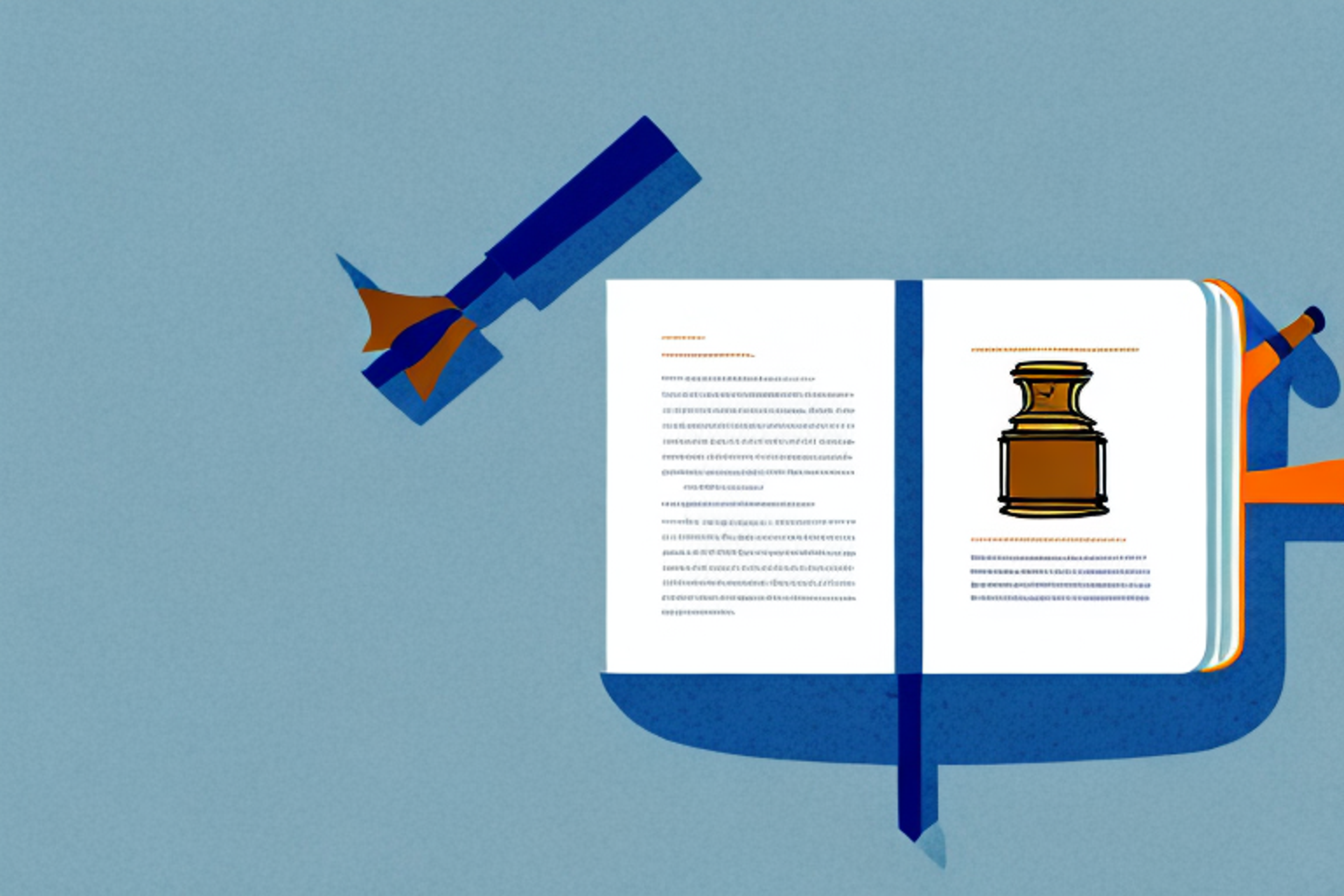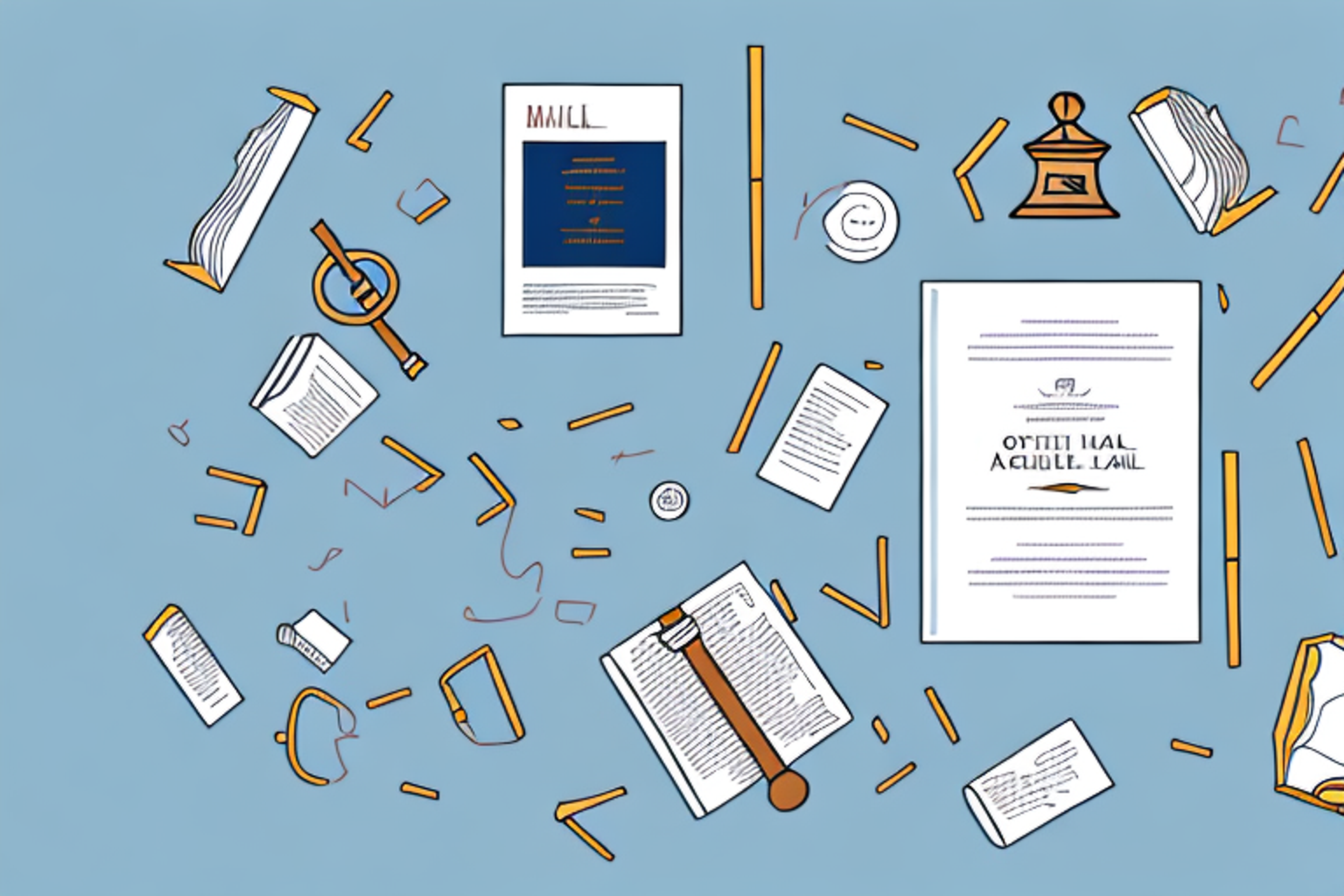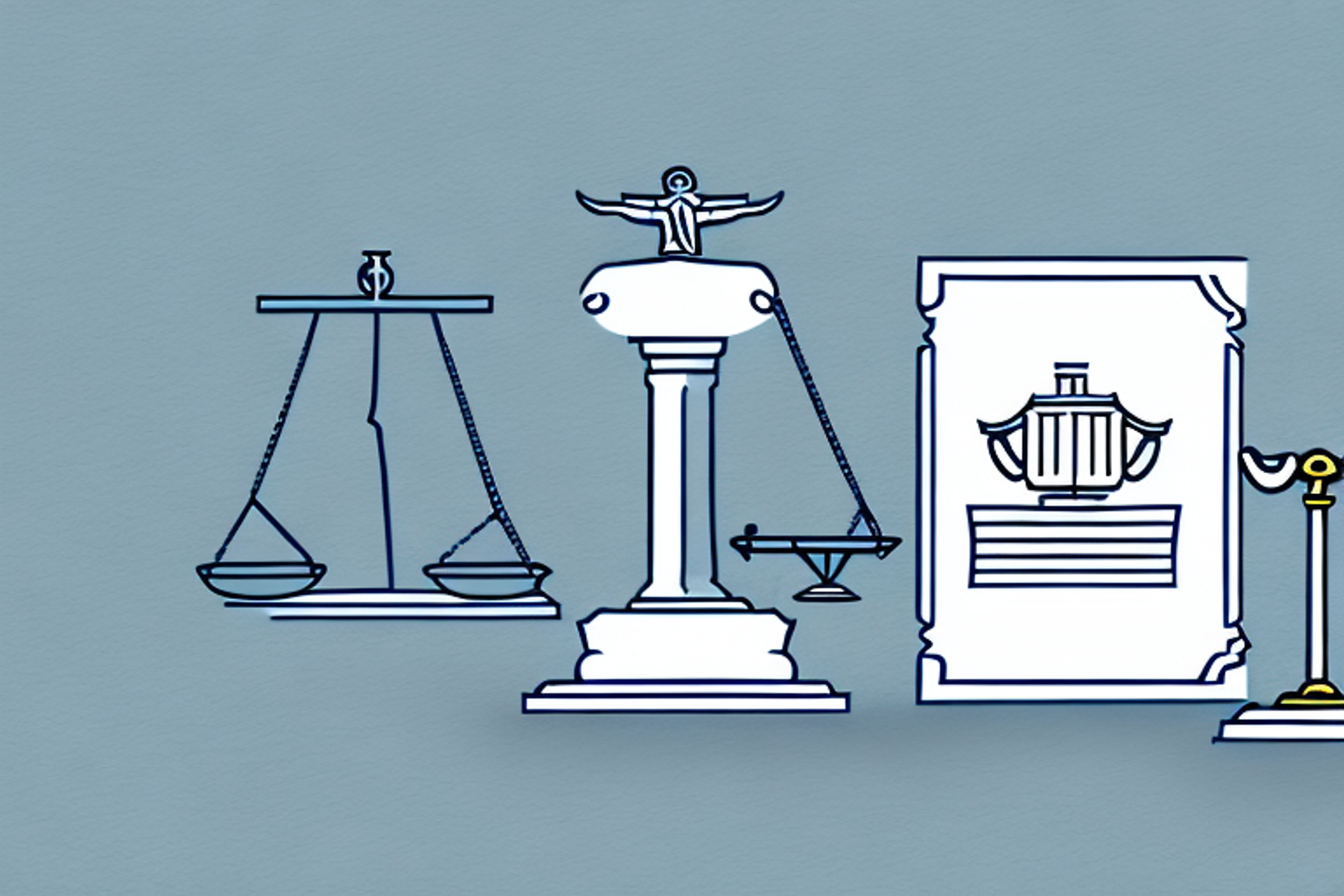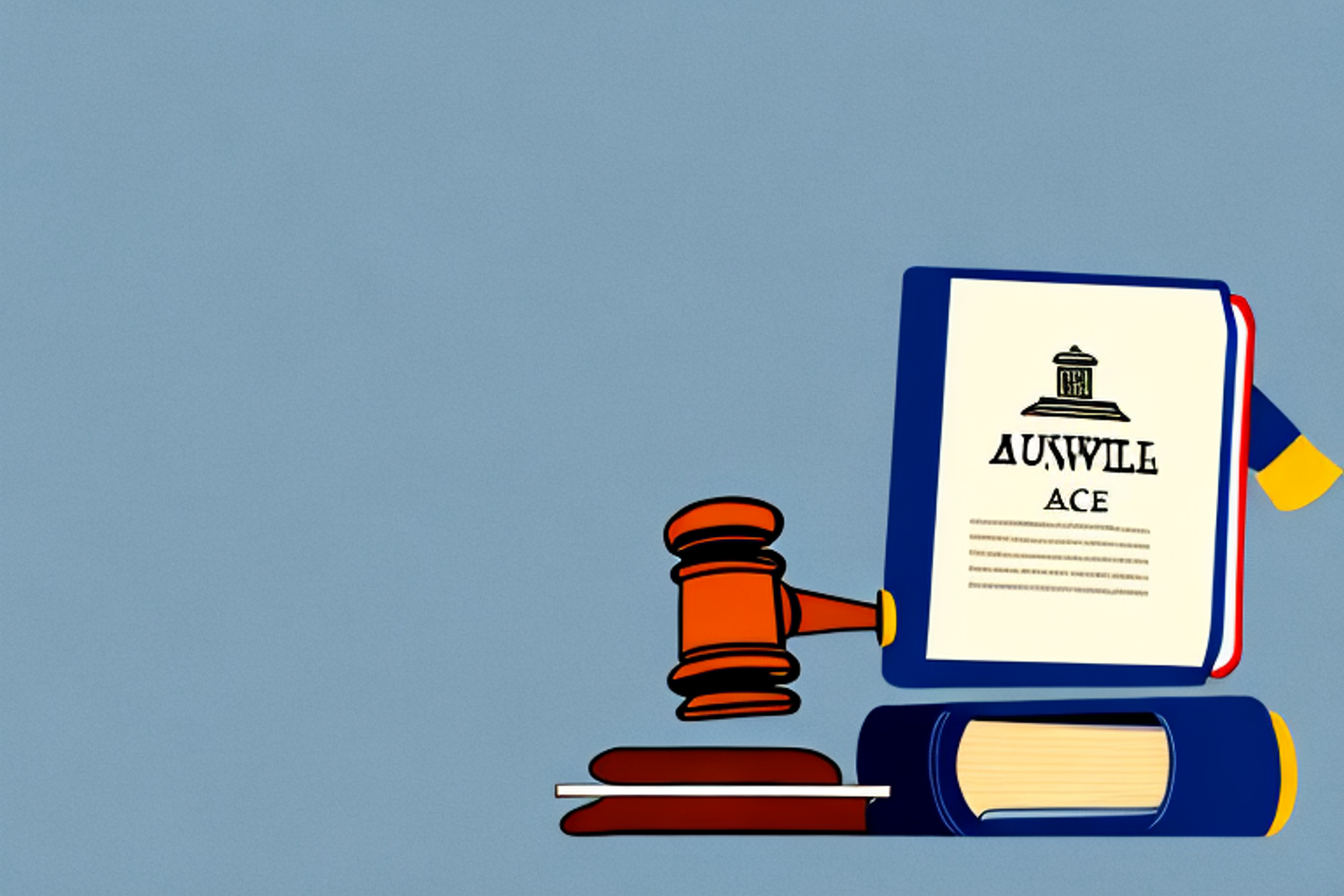Mastering the Art of Contracts: Proven Strategies for Success
Learn how to navigate the complex world of contracts with ease.
Posted March 6, 2025
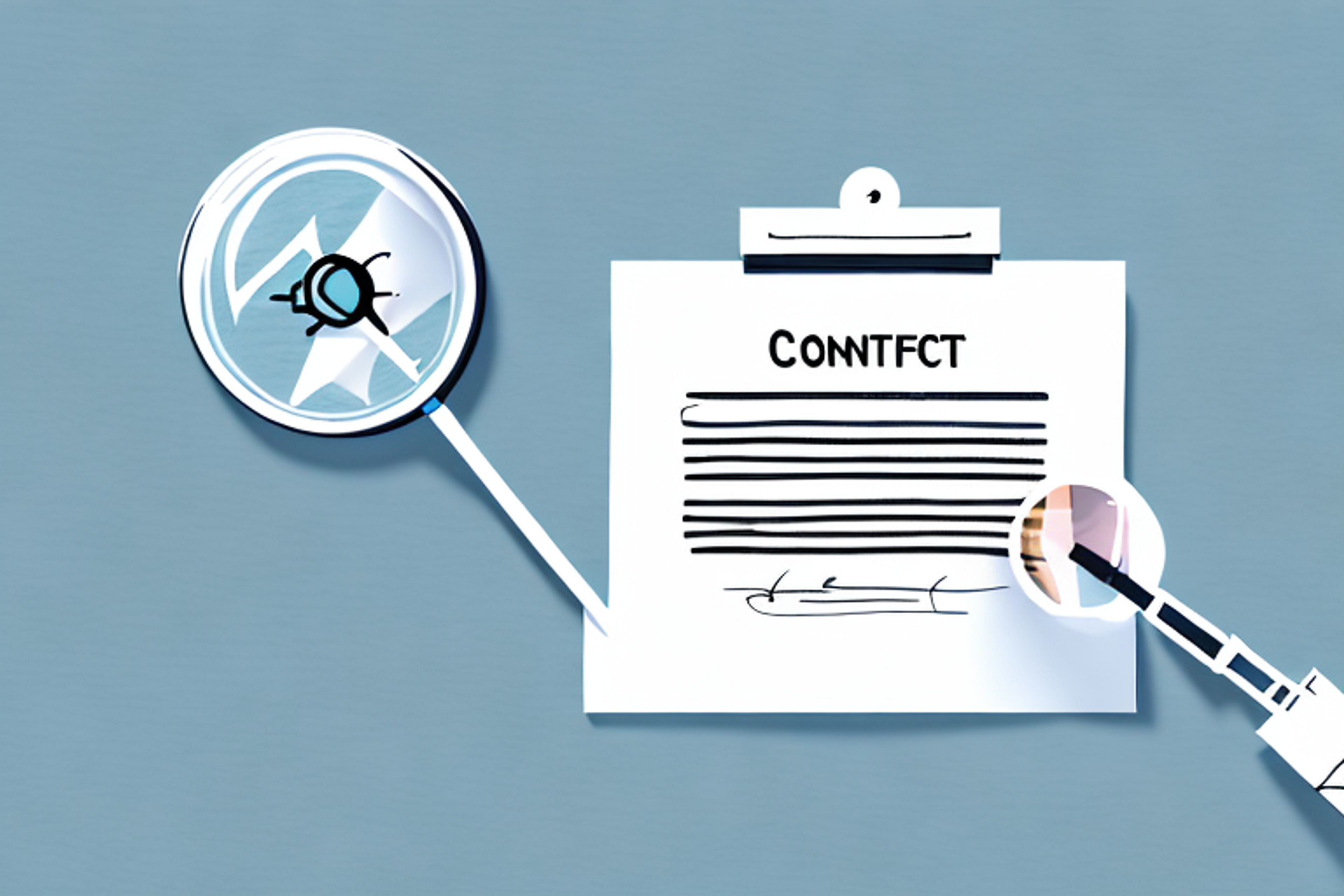
Table of Contents
Free Event

Featuring Indrani S.
Law School App Office Hours with a Former Stanford AdCom Member
Starting Thursday, April 17
11:30 PM UTC · 45 minutes

Featuring Indrani S.
Contracts are a vital part of modern business, outlining the terms and conditions of an agreement between two or more parties. But navigating the world of contracts can be a daunting task, even for experienced professionals. In this article, we'll take a deep dive into the world of contracts and share proven strategies for success. From understanding the basics of contract law to negotiating favorable terms and handling disputes, we'll cover it all. So sit back, relax, and get ready to master the art of contracts!
Understanding the Basics of Contract Law
At its core, a contract is a legally binding agreement between two or more parties. For a contract to be valid, it must meet certain requirements, such as an offer, acceptance, consideration, and a lawful purpose. It's important to understand these basic principles of contract law to ensure that your contracts are enforceable and legally sound. Additionally, different types of contracts may have specific legal requirements that you'll need to be aware of.
One important aspect of contract law is the concept of breach of contract. This occurs when one party fails to fulfill their obligations under the contract. In such cases, the other party may be entitled to damages or other legal remedies. It's important to include provisions in your contracts that address what happens in the event of a breach, to protect your interests and ensure that you have legal recourse if necessary.
Another key consideration in contract law is the issue of interpretation. Contracts can be complex documents, and different parties may have different interpretations of what certain terms or provisions mean. To avoid disputes and ensure that everyone is on the same page, it's important to be as clear and specific as possible when drafting your contracts. This may involve defining key terms, including examples or illustrations, or seeking legal advice to ensure that your contract is legally sound and enforceable.
Types of Contracts and Their Importance
Contracts come in many shapes and sizes, and understanding the different types of contracts can help you better manage your business relationships. Some common types of contracts include employment contracts, purchase agreements, and service contracts. Each type has unique features that set it apart, and it's important to choose the right type of contract for each situation.
Employment contracts are agreements between an employer and an employee that outline the terms and conditions of employment. These contracts typically include details such as job responsibilities, compensation, benefits, and termination clauses. Having a well-drafted employment contract can help protect both the employer and the employee by clearly outlining expectations and responsibilities.
Purchase agreements are contracts between a buyer and a seller that outline the terms of a sale. These contracts typically include details such as the price, delivery date, and payment terms. Having a purchase agreement in place can help ensure that both parties understand their obligations and can help prevent disputes from arising.
Identifying the Key Elements of a Contract
Contracts may seem complex, but they can be broken down into a few key elements. These include the parties involved, the terms and conditions of the agreement, and any obligations or requirements that each party must fulfill. By understanding these key elements, you'll be better able to create and manage contracts.
Another important element of a contract is the consideration, which refers to the exchange of something of value between the parties. This can be money, goods, or services. Consideration is necessary for a contract to be legally binding.
In addition, contracts may also include clauses for dispute resolution, such as mediation or arbitration. These clauses outline the process for resolving any conflicts that may arise between the parties. It's important to carefully consider and negotiate these clauses before signing a contract, as they can greatly impact the outcome of any disputes.
Common Contractual Terms and Conditions
Contracts often contain specific terms and conditions that guide the parties' behavior and outline their obligations. These may include payment terms, delivery schedules, and quality standards, among others. It's important to carefully consider these terms and ensure that they are fair and reasonable for all parties involved.
Another important aspect of contractual terms and conditions is the dispute resolution process. It's crucial to have a clear and effective mechanism in place to resolve any disagreements that may arise during the course of the contract. This can include mediation, arbitration, or litigation. It's important to discuss and agree upon the dispute resolution process before signing the contract to avoid any confusion or delays in the future.
The Importance of Clear and Concise Contract Language
Clear and concise language is essential for creating effective contracts. Contracts that use ambiguous language or technical jargon can be difficult to understand and may lead to misunderstandings or disputes down the line. When drafting a contract, it's important to use plain language and avoid unnecessary complexity.
One of the benefits of using clear and concise language in contracts is that it can help to establish trust between the parties involved. When both parties clearly understand the terms of the agreement, they are more likely to feel confident in the deal and less likely to feel like they are being taken advantage of.
In addition, clear and concise language can also help to prevent legal issues from arising in the future. If a contract is poorly written or contains ambiguous language, it can be difficult to enforce in court. This can lead to costly legal battles and damage to the reputations of the parties involved. By using clear and concise language, both parties can ensure that the terms of the agreement are easily understood and enforceable.
How to Negotiate Favorable Terms in a Contract
Negotiating contracts is an art form, and one that requires careful preparation and strategy. Before entering into negotiations, you'll need to have a clear understanding of your goals and priorities. You'll also need to be prepared to make compromises and trade-offs, as successful negotiations often require give-and-take.
One important aspect of negotiating favorable terms in a contract is to do your research. This means understanding the market and industry standards, as well as the specific needs and priorities of the other party. By having a solid understanding of these factors, you can make informed decisions and negotiate from a position of strength.
Another key factor in successful contract negotiations is effective communication. This means being clear and concise in your communication, actively listening to the other party, and being willing to ask questions and seek clarification when needed. By fostering open and honest communication, you can build trust and rapport with the other party, which can help to facilitate a mutually beneficial agreement.
Avoiding Common Pitfalls in Contract Negotiations
Contract negotiations can be tricky, and there are several common pitfalls that you'll need to be mindful of. These may include failing to conduct proper due diligence, ignoring the other party's concerns or priorities, and allowing emotions to get in the way of rational decision-making. By being aware of these pitfalls and avoiding them, you'll be better equipped to negotiate successful contracts.
Another common pitfall in contract negotiations is failing to clearly define the terms and conditions of the agreement. This can lead to misunderstandings and disputes down the line. It's important to take the time to carefully review and negotiate each clause of the contract, ensuring that both parties fully understand and agree to the terms. Additionally, it's important to consider potential future scenarios and include provisions that address them, such as termination clauses or dispute resolution mechanisms. By taking a thorough and proactive approach to contract negotiations, you can avoid common pitfalls and set yourself up for success.
Best Practices for Drafting Effective Contracts
Effective contract drafting requires careful planning and attention to detail. Some best practices to keep in mind include clearly outlining the parties' obligations and responsibilities, using clear and concise language, and including specific provisions to address potential conflicts or issues. It's also important to work closely with legal counsel to ensure that your contracts are legally sound and enforceable.
Another important aspect of effective contract drafting is to ensure that the contract is comprehensive and covers all necessary aspects of the agreement. This includes defining key terms and concepts, specifying the scope of work or services to be provided, and outlining the payment terms and schedule. Additionally, it's important to consider potential future scenarios and include provisions that address them, such as termination or renewal options. By taking a thorough and proactive approach to contract drafting, parties can avoid misunderstandings and disputes down the line.
Tips for Reviewing and Analyzing Contracts
Before signing a contract, it's important to carefully review and analyze its terms and conditions. This may involve consulting legal counsel or other experts, identifying potential risks or issues, and negotiating any necessary changes or amendments. By conducting thorough due diligence and analysis, you'll be better equipped to make informed decisions about whether to enter into a particular agreement.
The Role of Legal Counsel in Contract Management
Legal counsel can play a key role in contract management, providing guidance and advice on legal issues and helping to draft, review, and negotiate contracts. It's important to work closely with legal counsel to ensure that your contracts comply with applicable laws and regulations and that they are enforceable in court.
Strategies for Managing Multiple Contracts Simultaneously
Managing multiple contracts simultaneously can be challenging, particularly if you're dealing with different types of contracts and various parties. Some strategies that can help include creating a centralized contract management system, using standardized contract templates, and developing clear processes for reviewing and analyzing contracts.
Ensuring Compliance with Contractual Obligations
Contractual obligations can be complex, and ensuring compliance with these obligations is essential for maintaining productive business relationships. This may involve monitoring performance metrics, tracking key deadlines, and communicating regularly with the other parties involved. By taking a proactive approach to compliance, you'll be better able to build trust and credibility with your business partners.
Handling Disputes and Resolving Conflicts in Contracts
Despite your best efforts, disputes and conflicts may arise in the course of a contractual relationship. When this happens, it's important to have a clear process in place for resolving these issues. This may involve negotiating a settlement, entering into mediation or arbitration, or pursuing legal action. By being prepared for potential disputes, you'll be better able to manage them effectively and minimize their impact on your business.
The Benefits of Establishing Long-Term Business Relationships through Contracts
Establishing long-term business relationships through contracts can be highly beneficial for all parties involved. By working together over an extended period of time, you'll be able to build mutual trust and understanding, while also benefiting from economies of scale and improved efficiencies. Additionally, long-term contracts can provide stability and predictability for your business, allowing you to plan for the future with confidence.
In conclusion, mastering the art of contracts requires a combination of knowledge, skill, and strategy. By understanding the basics of contract law, negotiating favorable terms, and effectively managing your contractual obligations, you'll be better equipped to build productive and profitable business relationships.




